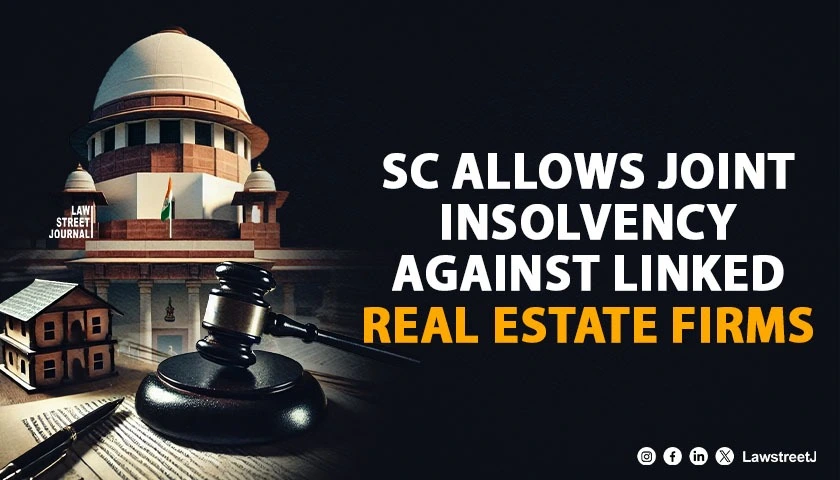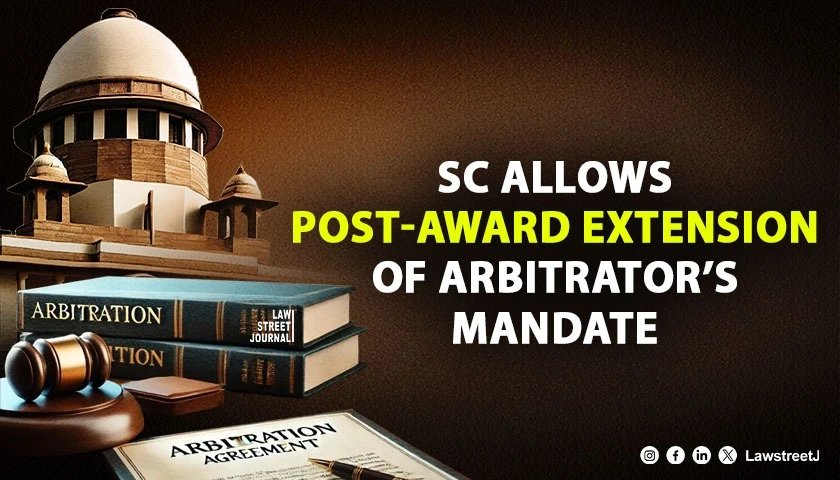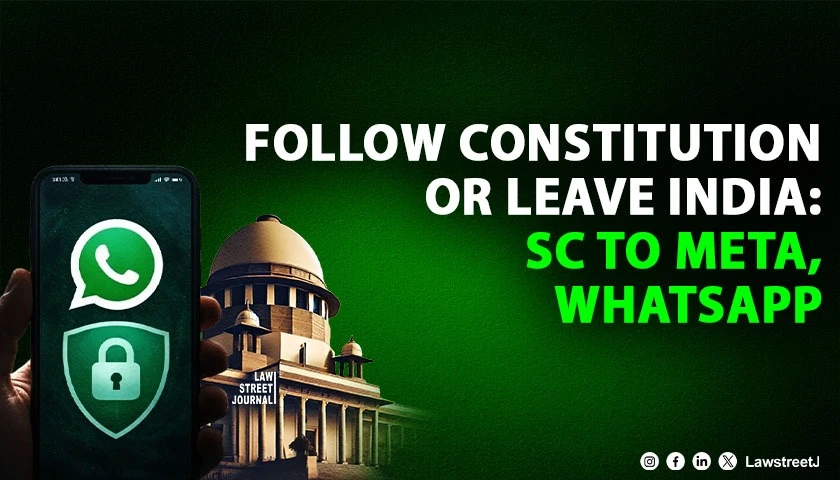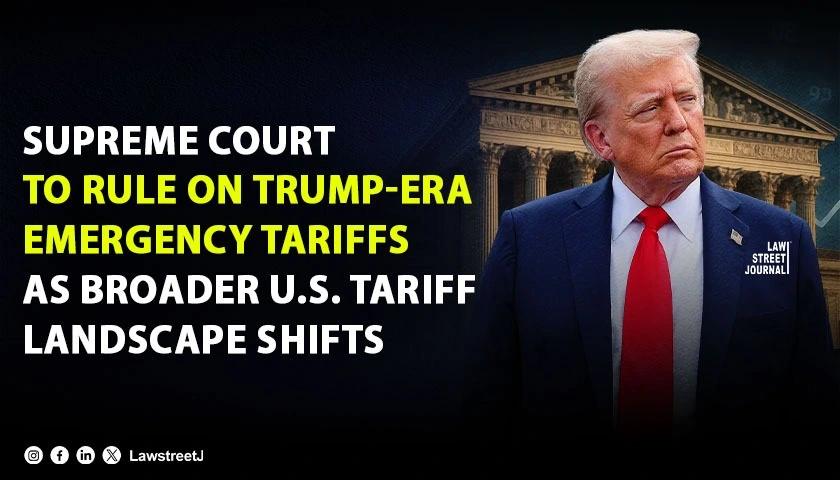Senior Counsel Shyam Divan commenced his arguments stating that the proposal going around for pre-consultation was contrary to what is provided under the Companies Act, 2013 under which directors should act independently.
He even traced various letters, emails and what transpired in board meeting which eventually led to Mistry's removal as executive chairperson.
THREE SECTIONS OF COMPANIES ACT, 2013 HAVE BEEN BREACHED: DIVAN
Divan further added that the statutory provisions of Companies Act was violated.
He extensively cited, "Section 166 - on mandate that directors have to exercise independent judgement, Section 188(10) - Secretarial rules to be followed which was not in the case including giving of notice, and Section 149 - which mandates board has to manage company, not majority shareholder. "
"What happened was illegal, wrong and completely oppressive", Divan stated.
When CJI Bobde asked if Cyrus Mistry was the Managing Director, Salve argued that there is no contract as such and it was by operation of law that he became MD.
Once he was removed as Executive Chairperson, he ceased to be MD" , Salve added.
EVERY DIRECTOR WAS REQUIRED TO ACT IN GOOD FAITH AND INDEPENDENTLY BUT THEY FAILED TO DO SO: DIVAN
Divan submitted that the actions by Board of Director were against foundational principles of decency and they were burdensome and prejudicial.
Taking reference from the celebrated judgement of Needle Industries, Divan further submitted that Probity is much more thanmaking financial profits.
Mr. Divan concluded his argument stating, "Section 10(1) of Companies Act 2013 says articles of company will have to be subject to the act. Hence, you cannot have articles mandating pre- consultation in a board managed company.
The second half of the hearing saw Senior Counsel Janak Dwarkadas further arguing on behalf of Cyrus Mistry.
"Lack of financial probity is not the only ground on which just and equitable winding up of company can take place. It must be infraction of legal or proprietary right of a member", Dwarkadas argued.
He submitted that NCLAT has found that the principal cause for removal of Cyrus Mistry was Cyrus Mistry's attempt to gain clarity by placing a governance structure before the board at the meeting scheduled for Oct 24, 2016.
IT IS NOT A QUESTION OF WHO SUFFERED LESS, WHO SUFFERED MORE : DIVAN
Dwarkadas added that the person complaining oppression must show that he has been forced to submit to a conduct which is prejudicial to him affecting his legal and proprietary rights.
He concluded by citing Article 121 B.
"It is the process which enables Tata to nominate director on board. that does not mean those directors should not function independently", Dwarkadas submitted.
THE WHOLE CRESCENDO IS BUILT ON A LITTANY OF WRONG STATEMENTS : SALVE
Senior Counsel in his rejoinder submissions, stated that after the removal of Mistry as Executive Chairman, Mr. Tata offered that he can continue on Board. But he walked out of the Board and wrote a nasty email.
"He did not walk out from Board, he was removed ", Sundaram argued.
ONLY ONE DIRECTOR VOTED AGAINST HIS REMOVAL AS EXECUTIVE CHAIRMAN, THERE WAS NO ILLEGALITY : SALVE
"The so called governance structure proposed by Mistry himself envisaged a role for Tata Trust in Tata Sons. It said that Tata Sons should have visibility of Tata Sons strategy", Salve rested his argument.
The hearing of the case concluded.
One week was given to the parties to file written notes.
Judgement reserved.








